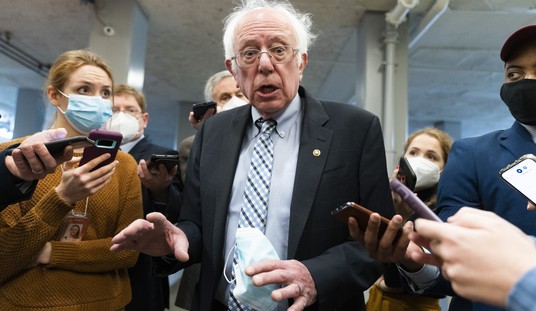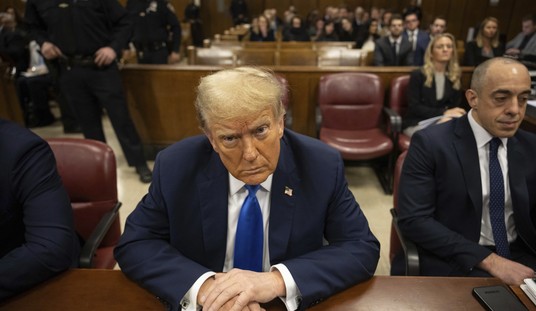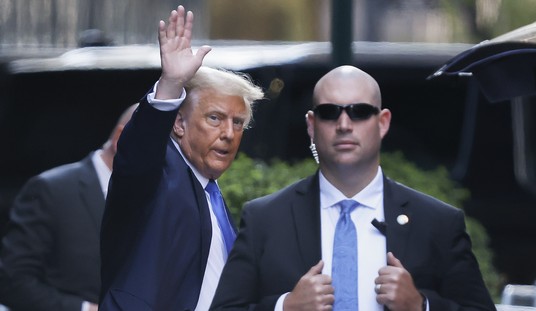
What to do after apparent Ukrainian Army successes against the pro-Russian rebels and the threat of serious EU sanction? Alec Luhn reports:
“He was the first to distance himself from the rebels, and the fact he said he is ready to put pressure on them is really a gesture,” Pavlovsky says. “We don’t know whether it will be fulfilled, but he’s showing he wants a diplomatic solution to the conflict.” Now Ukraine and the West must make concessions of their own to show they want to negotiate and allow Putin to compromise without losing face, Pavlovsky argues.
But those close to the Kremlin, such as Sergei Markov, the deputy head of Plekhanov Russian University of Economics, don’t see Putin as compromising right now or in the future. Putin will continue his current strategy of helping the rebels, and not only out of fear for his approval rating, Markov says.
“Putin is not afraid to make harsh decisions,” Markov said. “More important for him than his rating is that he really thinks that the U.S. goal [in the Ukraine crisis] is to make Ukraine anti-Russian and start a war between Ukraine and Russia, engineer a coup, and bring to power its puppets, who will destroy Russia.”
The problem with predicting Putin’s reactions is that he seems to view an EU-oritented Ukraine as an existential threat. What might seem trivial to us might loom large in his mind, or vice versa. A Newsweek story from last week showed that Putin lives and works in a bubble, which only adds to the potential for blunders. So while I would expect him to back down after MH17, then crank things up again after passions have cooled… really, who knows? He might decide to throw the dice and get right back up in our faces.
New sanctions — this time targeting entire industrial sectors instead of just individual businesses — are reportedly on the way, which is the step that was impossible before MH17. Putin’s trick for now is to cooperate enough to avoid the worst sanctions, without letting the rebels get completely snuffed out. Unless, that is, the new sanctions turn out to be as laughable as the old sanctions. Europe has something of a history of announcing bold new moves in public while continuing to conduct business as usual in private. France for example has threatened to halt the sale of perhaps one of the two Mistral-class helicopter carriers it’s selling to Moscow, but hasn’t actually done anything about it. Here’s how far the EU is willing to go after MH17:
In Brussels, diplomats said ambassadors from the 28-member European bloc agreed to restrictions on trade of equipment for the oil and defense sectors, and “dual use” technology with both defense and civilian purposes. Russia’s state run banks would be barred from raising funds in European capital markets. The measures would be reviewed in three months.
Just three months? That sure doesn’t look like Europe has suddenly developed an overabundance of spine. What that looks like to me is if Putin and his rebels cooperate enough for appearances sake, the sanctions could be lifted before the real cold sets in and Europe and Ukraine start shivering for Russia’s energy exports.
Even without sanctions, we have the power to bring down his regime or at least deal it a series of body blows, simply by getting serious about fracking and fully legalizing oil exports. As Will Collier noted a few years ago on this site, George W. Bush collapsed oil prices simply by announcing an increase in offshore drilling during a price spike. President Obama has it in his power to do something similar, but undercutting Putin in that way (not to mention cheap gas for you and me) would alienate his party’s green base.
So if Putin is held hostage by domestic politics, so is Obama — and we know which one of them is the wilier player.








Join the conversation as a VIP Member